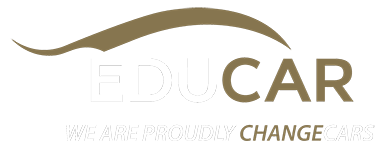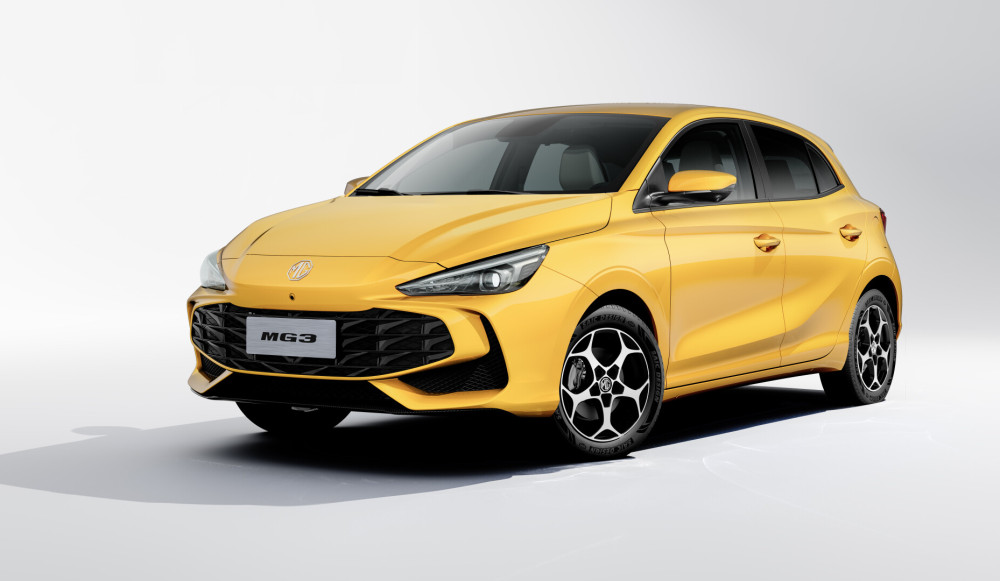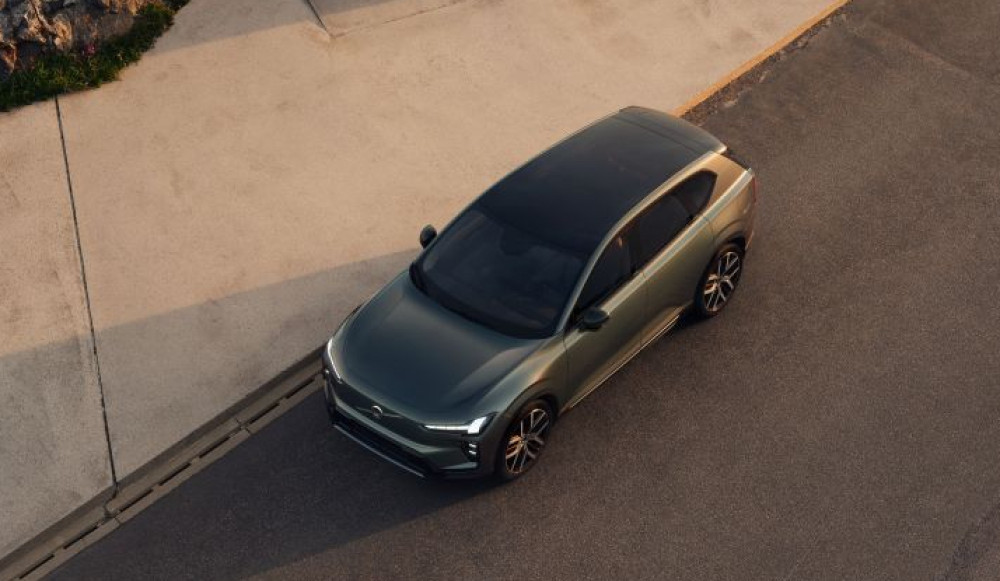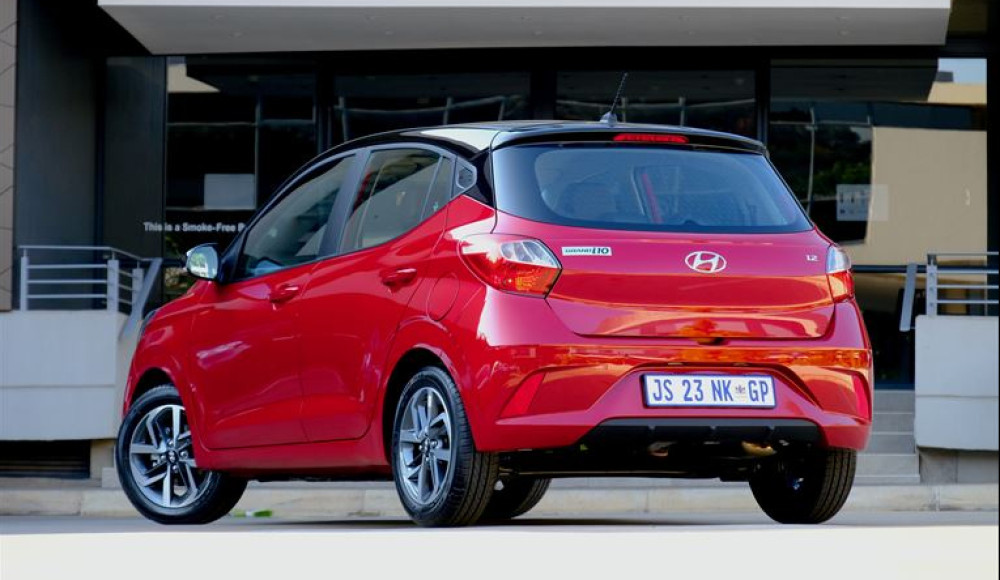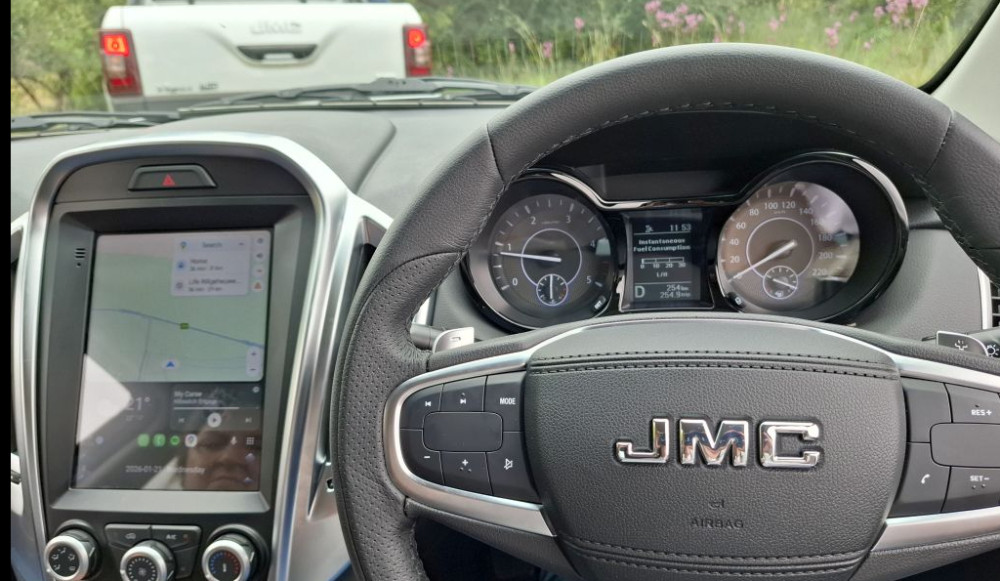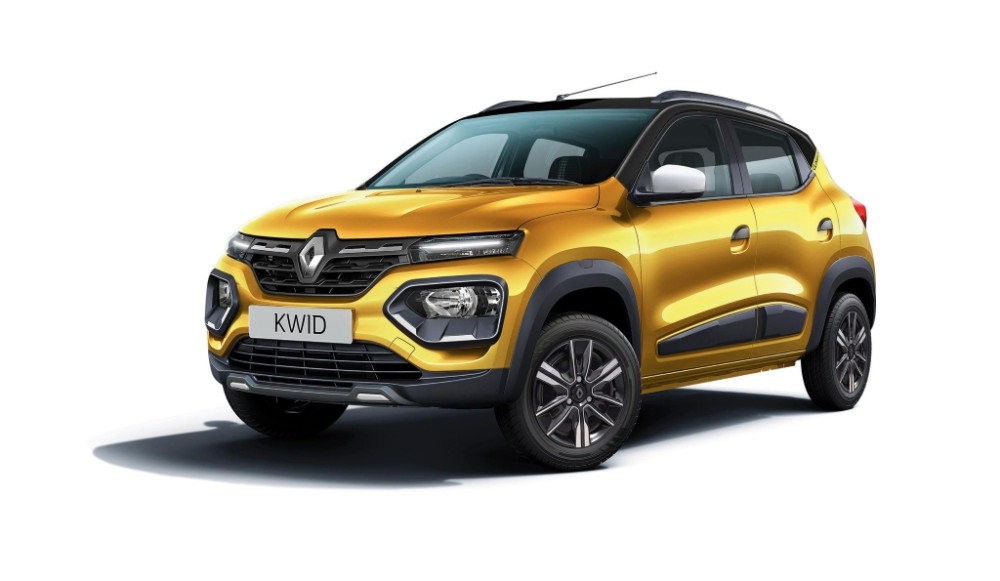What can South Africa’s auto industry expect from the Africa Automotive Show in Algiers?
The Africa Automotive Show, set to take place in Algiers, Algeria, from September 5, is shaping up to be a pivotal event for the continent’s automotive sector. For South Africa, the second-largest vehicle manufacturer in Africa (after Morocco), this conference presents a crucial opportunity to strengthen trade ties, explore new markets, and navigate the challenges of a rapidly evolving industry.
Key Expectations for South Africa at the Algiers Show
1. Expanding Market Access in North and West Africa
South Africa’s automotive industry is a cornerstone of its manufacturing sector, contributing 4,9% to GDP and accounting for 12,4% of total exports (NAAMSA). However, reliance on traditional markets like Europe and the US leaves it vulnerable to global economic shifts – as already evidenced with the Trump tariffs. The Algiers conference offers a chance to deepen trade relationships with North and West African nations, where demand for affordable, high-quality vehicles is rising.
Plenty of great value pre-owned Volkswagen models to be found here - just click
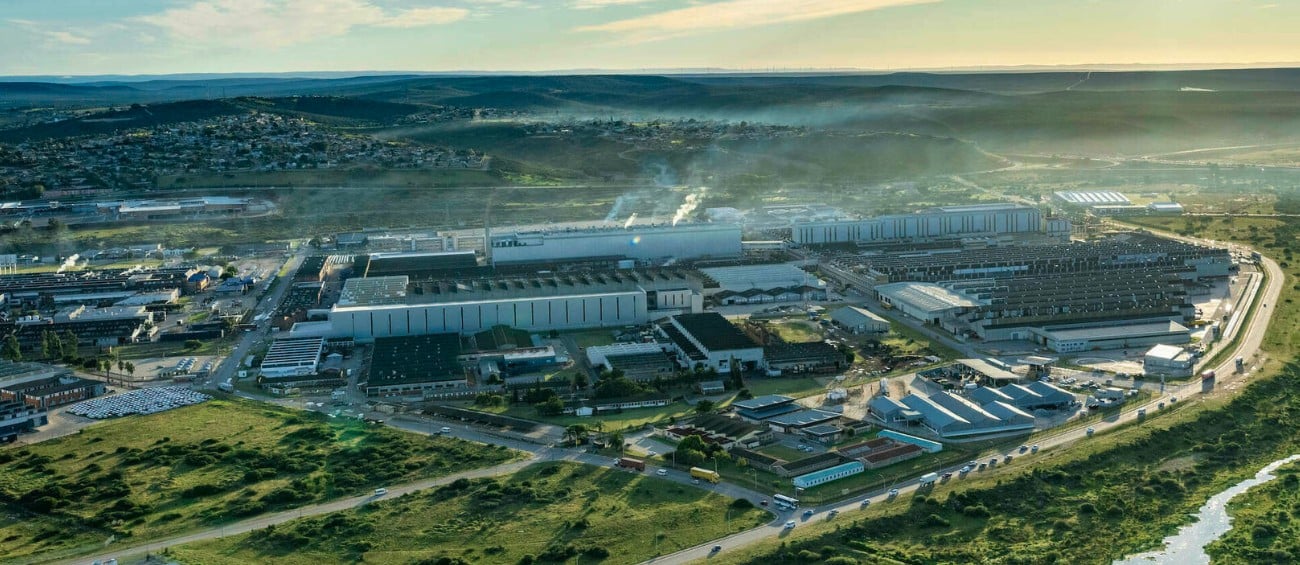
The Volkswagen factory in Kariega
Algeria, in particular, has been pushing for local vehicle production through partnerships with global automakers. South African firms like Toyota South Africa, Volkswagen SA and Ford South Africa could leverage their expertise in manufacturing and aftermarket services to form joint ventures or supply chains in the region.
2. Navigating Africa’s Shift to Local Assembly & Protectionist Policies
Many African countries, including Algeria, Nigeria and Ghana, are implementing policies to boost local assembly and reduce reliance on imports. While this may seem like a challenge for South Africa’s export-driven industry, it also opens doors for technical partnerships, skills transfer, and component manufacturing deals.
South African auto parts manufacturers (such as Metair and Autocast) could position themselves as key suppliers for assembly plants across Africa. Additionally, South Africa’s Automotive Masterplan 2035 aligns with continental goals of industrialization, making collaboration more feasible.
Get your engine running by using this handy finance calculator
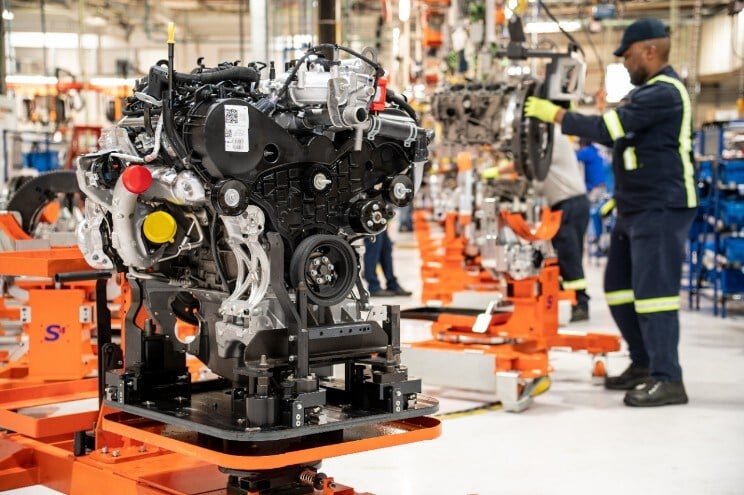
Inside Ford's Eastern Cape engine factory
3. The EV Debate: Is Africa Ready?
Globally, the shift to electric vehicles (EVs) is accelerating, but Africa’s adoption remains slow due to high costs, lack of charging infrastructure, and unreliable electricity supply. However, Morocco is emerging as an EV manufacturing hub and South Africa risks falling behind if it doesn’t adapt.
The Algiers conference will likely feature discussions on Africa’s EV roadmap. South Africa must decide whether to focus on traditional internal combustion engine (ICE) exports or invest in EV components (batteries, charging systems) for future readiness. Given that Europe plans to ban new ICE sales by 2035, South Africa’s auto industry must future-proof its exports.
4. Competition from Morocco & China
Morocco has overtaken South Africa as Africa’s top auto exporter, thanks to tax incentives, free trade agreements and proximity to Europe. Meanwhile, Chinese automakers (Chery, BAIC, Geely) are aggressively entering African markets with budget-friendly vehicles, posing a threat to South Africa’s dominance.
The Algiers event will be a battleground for market influence. South Africa must emphasize its high-quality manufacturing standards, established supply chains, and compliance with EU & UK trade deals to remain competitive.
Great insurance is as vital as safe driving – click here to find out more

The BMW facility in Rosslyn
Opinion: South Africa Must Act Strategically—Not Defensively
While challenges loom, South Africa’s auto industry is far from obsolete. The Africa Automotive Show in Algiers should be used to:
- Push for intra-African trade agreements under the AfCFTA to ease exports.
- Position South Africa as a leader in auto components, not just finished vehicles.
- Engage with North African nations on joint industrial policies rather than seeing them as competitors.
- Develop a clear EV strategy, even if adoption is slow, to avoid being left behind.
If South Africa plays its cards right, the Algiers conference could mark the beginning of a new era of African automotive collaboration—one where South Africa remains a key player rather than a sidelined exporter.
The Africa Automotive Show is more than just an exhibition—it’s a litmus test for South Africa’s ability to adapt. The industry must shift from a Europe-dependent mindset to an Africa-focused strategy, ensuring long-term growth in an increasingly competitive market.
Colin Windell for Colin-on-Cars in association with
proudly CHANGECARS
